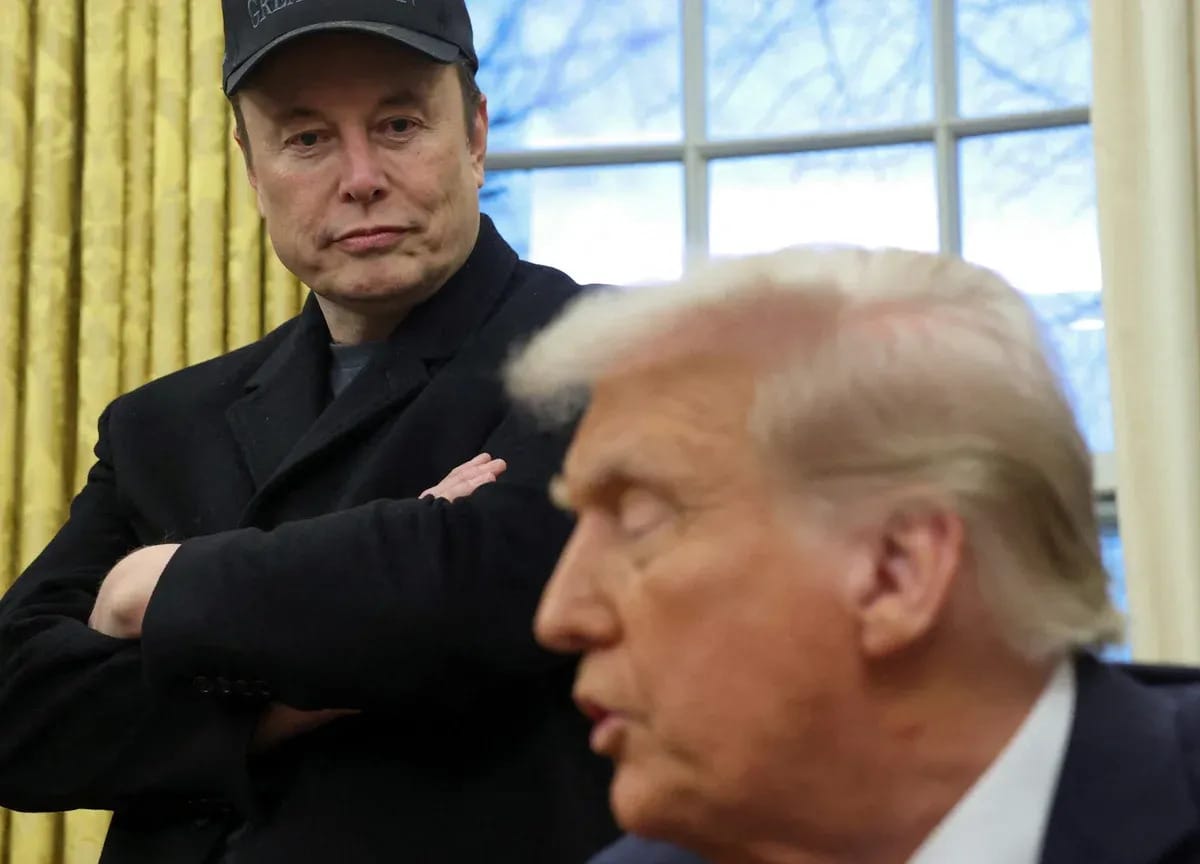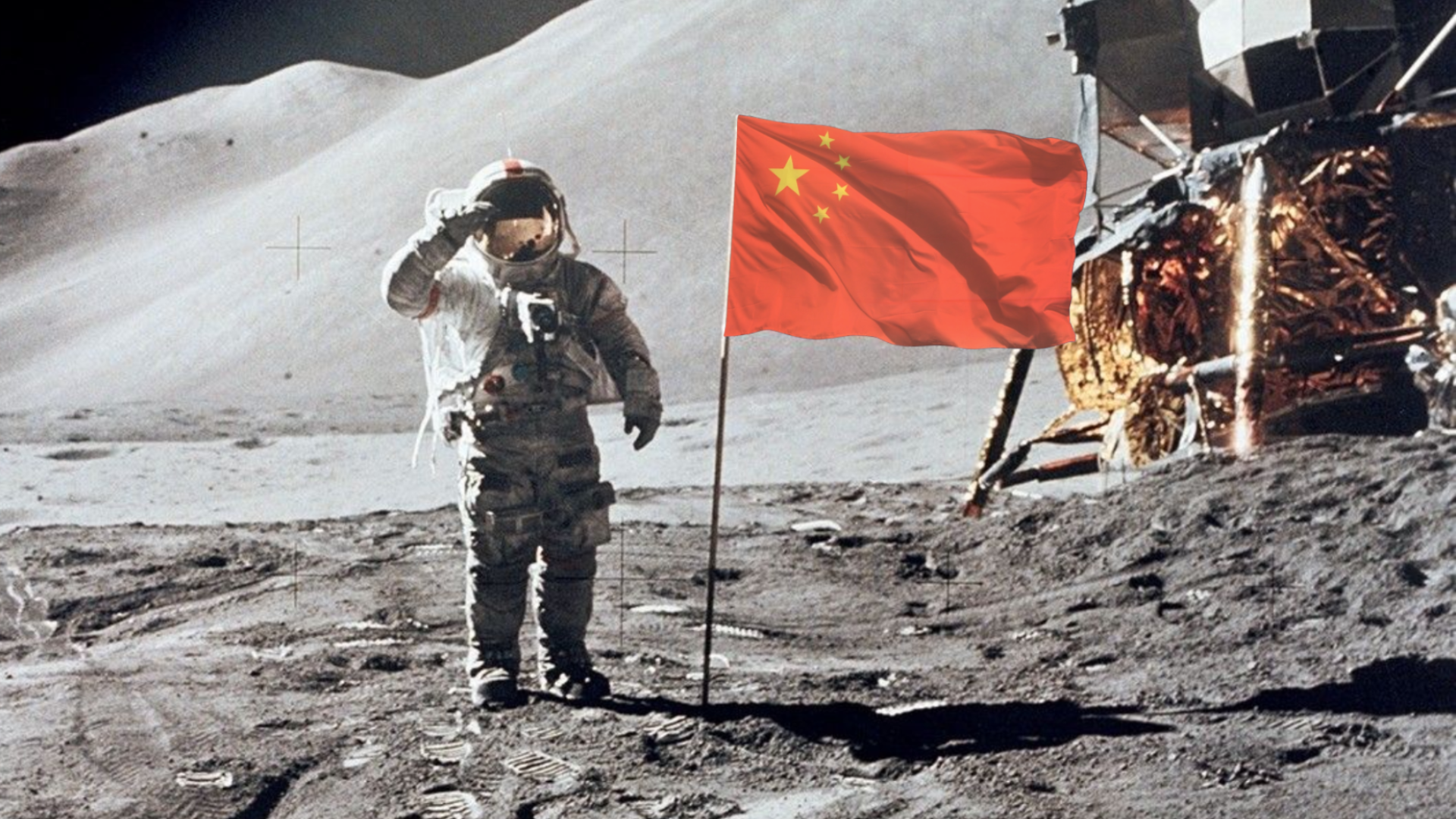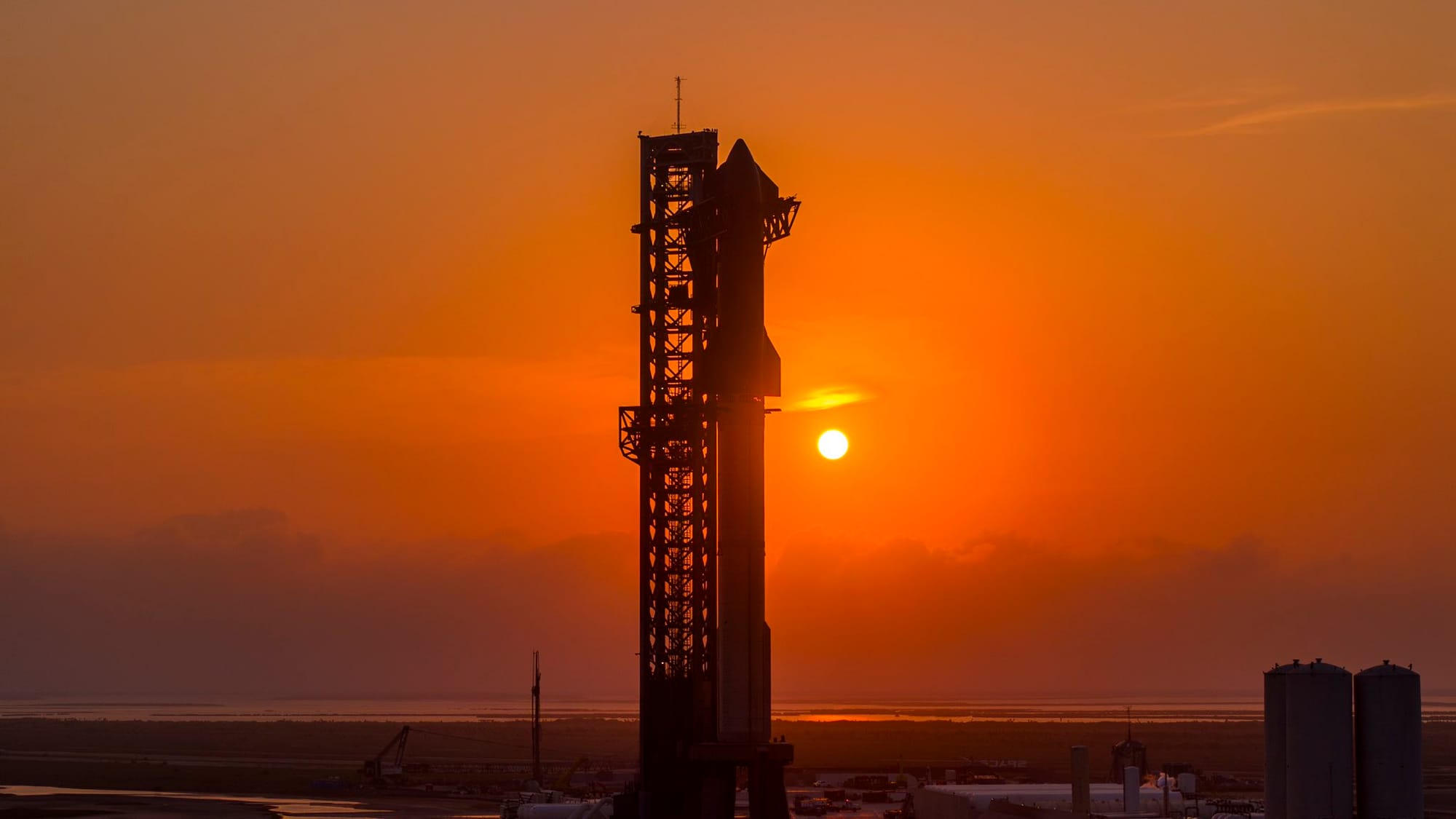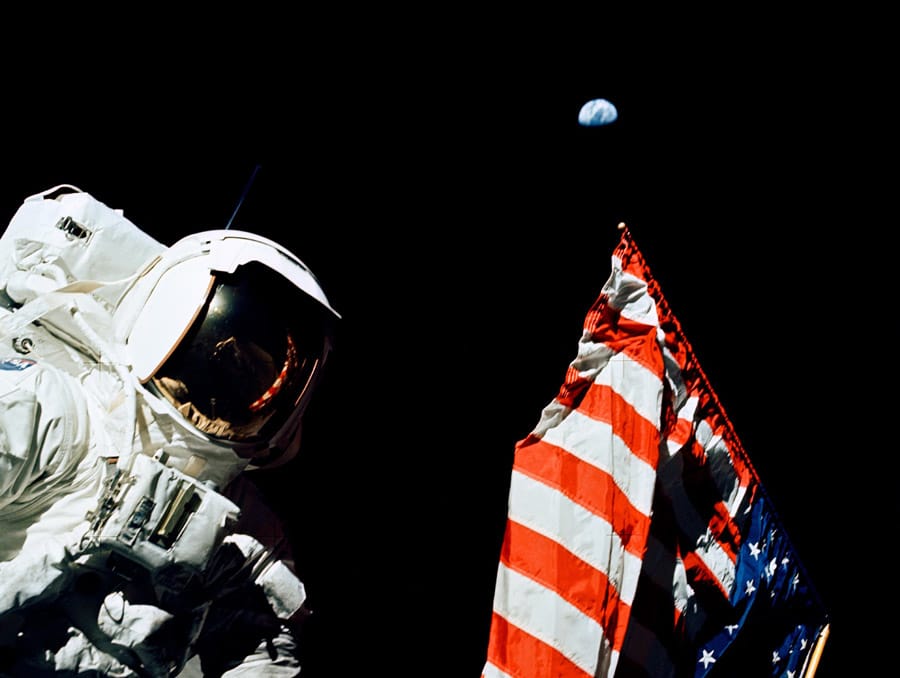Table of Contents
Disclaimer: This article contains the opinion of the writer and not Cosmic Nxws as a whole.
Almost seventy years ago the Union of Soviet Socialist Republics terrified the halls of American power with the launch of Sputnik, beating U.S. efforts to place the first artificial satellites into Earth orbit.
In the decades that followed both the U.S. and the USSR used space to demonstrate both peaceful and military-technological prowess, culminating in the Apollo Moon landings, a variety of Soviet space stations, and two very similar-looking reusable winged crewed spacecraft. The two superpowers sought to utilize international alliances between nations of similar ideologies to claim the peaceful nature of their programs, while simultaneously signing military agreements.
The space race and continued competition afterward were both born from geopolitical competition between the U.S. ideology of liberal democracy with free markets and the USSR's ideology of Soviet-style socialism with state-managed economics. International space agreements between the two nations were also largely formed along these ideological lines, bringing up much political debate in the partner nations regarding autonomy in space for economic benefit and defense.
Both superpowers were shielded from political debate on space hardware thanks to having all of their launch sites, manufacturing bases, and communications and support facilities in their own territory. Yet, that quickly fell apart for the USSR in the 1990s which dissolved into fifteen states taking the nation's premier launch site with it. Today Russia has to negotiate with Kazakhstan to use the Baikonur Cosmodrome, resulting in much political debate in each country.
While this was happening abroad, space policy in the United States enjoyed broad bipartisan support. Presidents, senators, and lawmakers across the U.S.' narrow political spectrum saw NASA and military space efforts as essential to national prestige, scientific progress, and defense even after the collapse of the USSR, America's only peer competitor for the 20th century.
However beginning in the 2000s an increasing amount of financial resources, both government and private, began to be poured into for-profit space companies. With the success of SpaceX in various NASA contracts and a fleet of reusable rockets by 2020, U.S. politicians began to argue for further privatization of typical government-run space activity. This was for everything from climate satellites, Earth observation systems, and military space infrastructure.
This shift toward privatization has increasingly become a partisan effort with Republicans championing deregulation and private-sector dominance while Democrats plead for maintaining the status quo. SpaceX in particular has become a point of contention in this thanks to its Chief Executive Officer Elon Musk.
As head of SpaceX, Musk holds enormous influence over both commercial and government space operations, having a monopoly on U.S. human spaceflight capability and operating a massive network of communications satellites. Leaving the market to compete against SpaceX would have been a viable solution had Musk stayed out of electoral politics, which he did not.
Over the past few years, Musk has increasingly inserted himself into U.S. politics, shifting from a once-ambiguous, innovation-focused entrepreneur to a vocal critic of Democratic policies during the Biden administration. This was further accelerated after he acquired Twitter (now "X"), using it to promote his political beliefs through his over hundred million followers and via changes to the algorithm. His grievances with the Biden administration leading up to the 2024 election aligned him closely with the Trump campaign.
This culminated in Musk committing hundreds of millions of dollars directly to the Trump campaign and supporting it through his ownership of Twitter. After the election was won and Trump's second turn began Musk was appointed as head of the Department of Government Efficiency, cementing his place in partisan politics within the U.S. system.
Musk's transition from head of a private for-profit space company to a key part of the Trump administration in emblematic of a wider trend within the U.S. political system. For decades large corporations have lobbied various administration for specific changes to policy, sometimes placing someone loyal to the company within the government. But never before has someone like Musk entered partisan politics, with vast wealth and ownership of a key piece of public communication media.
And Musk won’t be the only one. Other space company owners, like Jeff Bezos and Peter Thiel, are already deeply embedded in politics, using their influence to shape policy and advance their own interests. Bezos, with his billions and ties to Amazon and Blue Origin, has kept a lower profile but could easily follow Musk’s path if he sees the rewards of political power outweigh the risks. Thiel, a major SpaceX investor, has long used his wealth to push the Republican agenda and his reach could easily expand into more direct control over government policy.
As the U.S. space industry grows, so too will the stakes in controlling it. What Musk's begun may be the beginning of a new political reality, where corporations with their hands in space technology also have a huge say over power in the White House.






